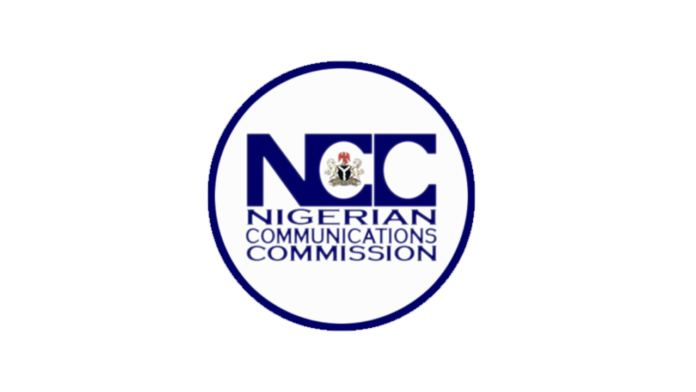Industry stakeholders have expressed concerns that Nigeria may not achieve its ambitious 70% broadband penetration target outlined in the National Broadband Plan (NBP 2020–2025).
Despite government efforts, progress over the last four years has been slow.
According to the Nigerian Communications Commission (NCC), broadband penetration stood at 45.61% as of January 2025—an increase of just over 6% from the 39.54% recorded in April 2020 when the Plan was launched. This modest growth raises concerns that achieving the 70% target may be out of reach within the stipulated timeline, BusinessDay reports.
Tony Emoekpere, President of the Association of Telecommunications Companies of Nigeria (ATCON), emphasised the disconnect between official figures and the real-life experiences of end-users.
Emoekpere told in interview that, “Penetration is far from being met. The numbers don’t reflect the lived experience of users.
He pointed to poor call quality and unreliable data services as indicators of deeper challenges. He stressed the importance of establishing a reliable data baseline and warned that unless investor confidence is restored and capital injected into broadband infrastructure, the sector will continue to under-perform.
According to him, “With just a few months to go, achieving 70% penetration will be an uphill task. We need connectivity beyond urban centres—fibre deployment from the coast to the hinterlands, upgrades to legacy cell sites, and fibre-to-the-home investments. Unfortunately, that is not happening at scale,” he said.
Gbenga Adebayo, Chairman of the Association of Licensed Telecom Operators of Nigeria (ALTON), echoed similar sentiments.
He warned that without substantial investments, achieving the 2025 target would remain a mirage.
He said, “To attain ubiquitous broadband connectivity, we need more fibre optic cable connections inland and upgrades of old microwave-based cell sites to fibre-based infrastructure. But these developments are currently inadequate and are negatively impacting the sector.”
He also called for urgent attention to regulatory bottlenecks, excessive taxation, and high operational costs, which he said are crippling industry growth.
Abdul-Hakeem Ajijola, Chairman of Consultancy Support Services and head of the African Union Cybersecurity Expert Group, described the 70% broadband penetration goal as “aspirational” unless supported by robust policy reforms and improved operating conditions.
“Targets are not guarantees. What we need is a viable trajectory,” he said. Ajijola noted that power supply remains a major constraint, with many rural cell towers still relying on costly diesel generators, which operators fuel and maintain in foreign currency.
He also criticised the duplication of infrastructure in rural communities, calling for a national infrastructure-sharing framework to reduce costs and improve rural coverage. “It makes no sense to have multiple competing masts in the same village while older infrastructure lies idle,” he argued.
Ajijola further emphasised that broadband success should be measured not just by signal strength, but by quality, affordability, and security. “If users can’t effectively use their data despite having full bars, then they are not truly connected,” he said.
He decried multiple taxation and bureaucratic delays in Right-of-Way (RoW) approvals, which continue to stifle progress.
In 2022, the NCC inaugurated an industry-wide committee to drive broadband infrastructure deployment under the National Communications Backbone (NCB) initiative. However, experts argue that the pace of implementation remains sluggish.
As the 2025 deadline approaches, industry leaders are urging the federal government and NCC to strengthen policy coordination, accelerate infrastructure investments, and implement regulatory reforms. They say such bold and collaborative action across public and private sectors is essential to bridge the digital divide and achieve inclusive digital growth.
“Broadband infrastructure is not just a tech issue—it’s a driver of economic activity,” Ajijola concluded. “A farmer in Fiditi, Oyo State, could scale his agribusiness with stable internet access. But until we address fundamental infrastructure and policy challenges, the digital future remains uncertain.”



